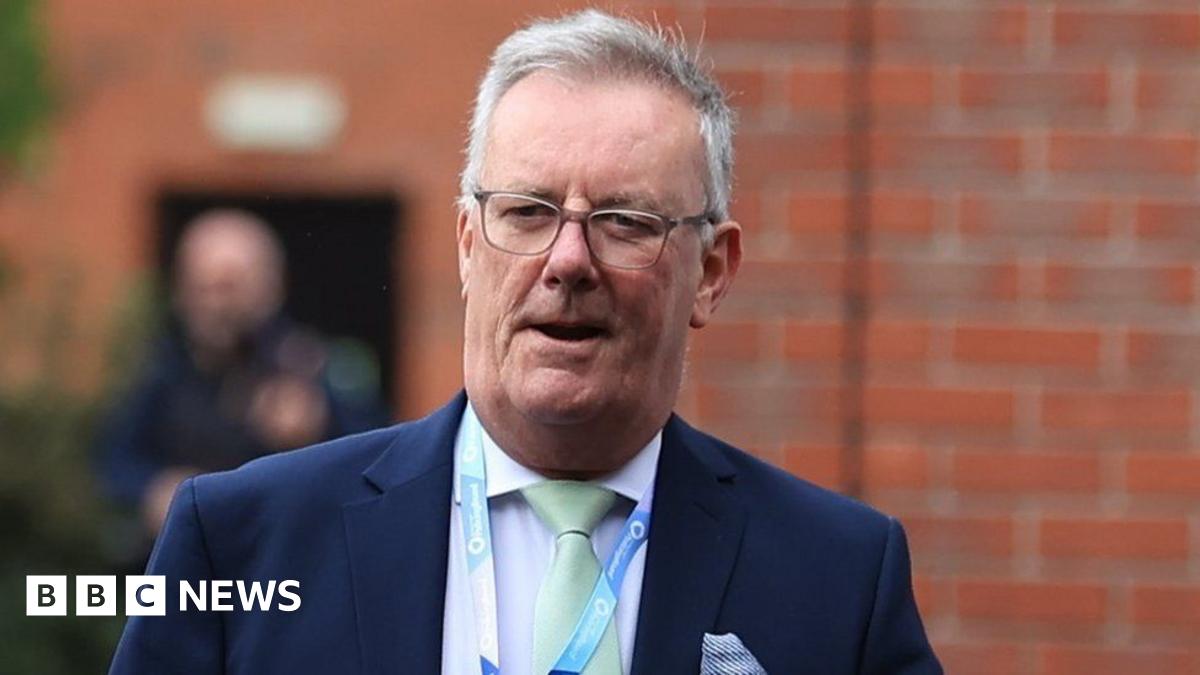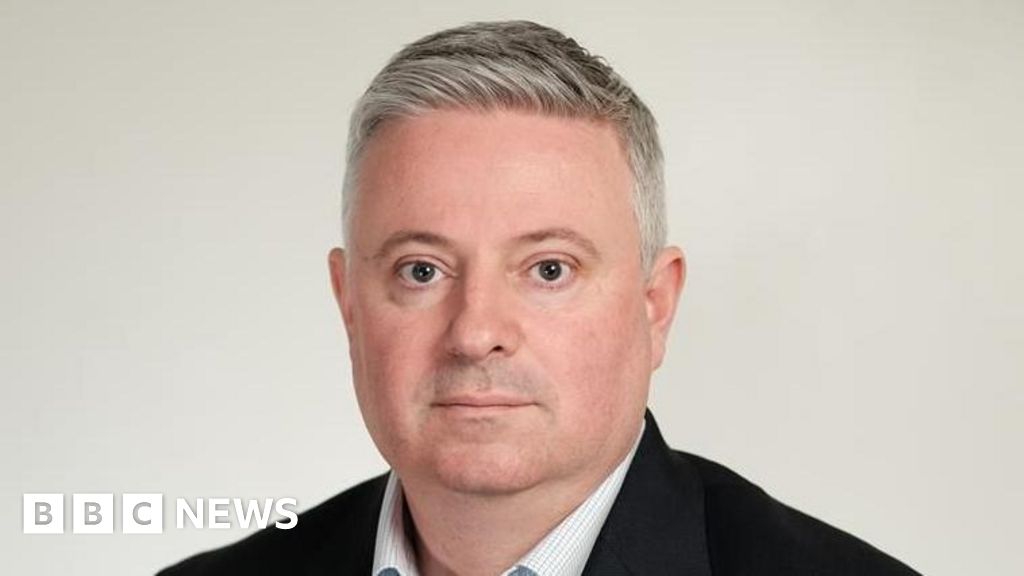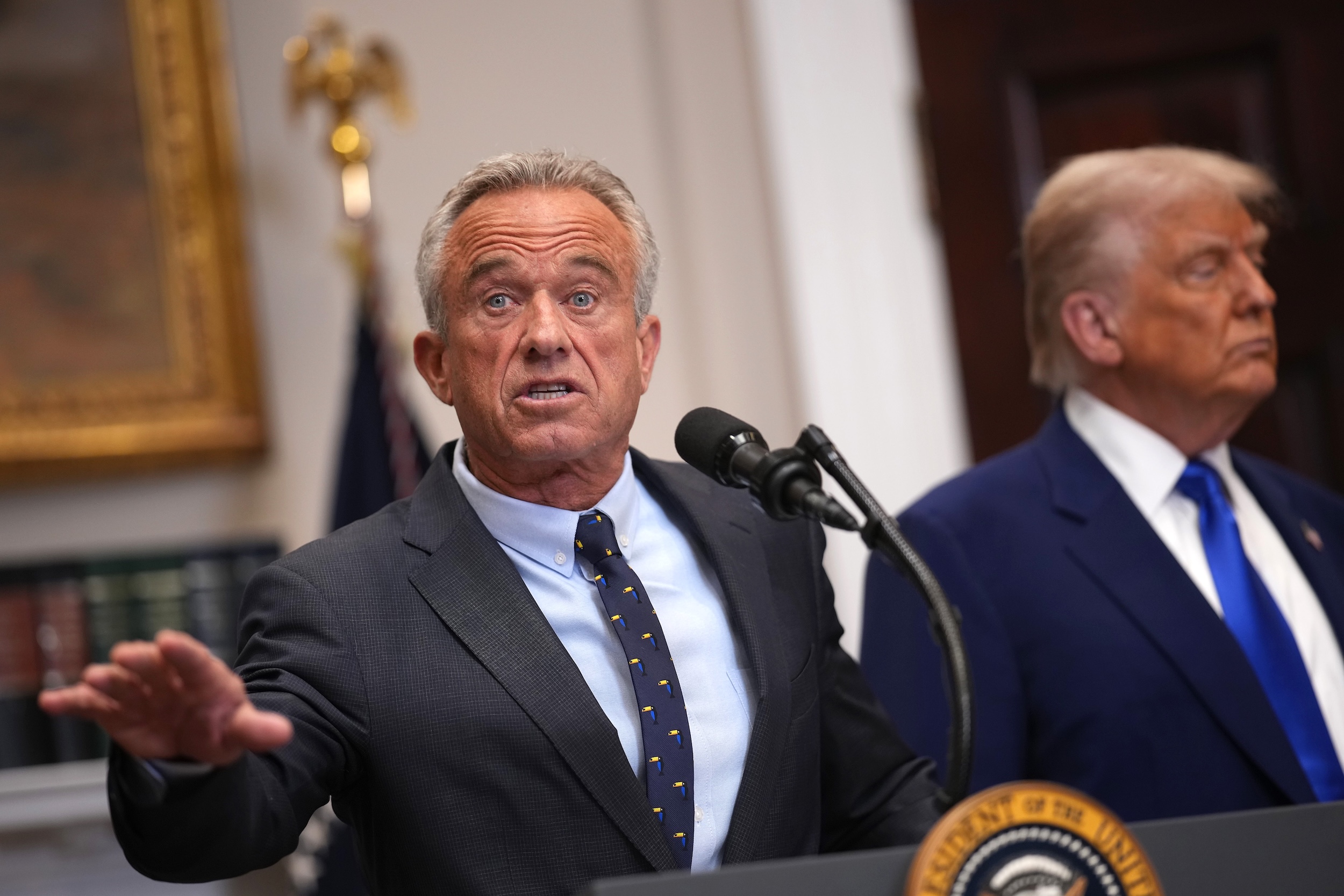Trump's Surgeon General Nominee Sparks Debate: Could Psychedelics Hold the Key to Better Health?

The nomination of Dr. [Nominee's Name] for U.S. Surgeon General is generating significant buzz, not just for her qualifications, but also for her advocacy of psychedelic therapies. In a recent book and her personal newsletter, Dr. [Nominee's Name] has openly discussed the potential benefits of substances like psilocybin for mental and physical well-being, sparking a national conversation about the future of healthcare and the role of alternative treatments.
A Growing Interest in Psychedelic Medicine
The exploration of psychedelics in a therapeutic setting is gaining traction within the medical community. Research suggests that compounds like psilocybin, found in certain mushrooms, and MDMA (ecstasy) may offer relief from conditions such as depression, anxiety, PTSD, and addiction. These substances are believed to work by facilitating neuroplasticity – the brain's ability to reorganize itself by forming new neural connections – allowing individuals to break free from ingrained patterns of thought and behavior.
Dr. [Nominee's Name]'s Perspective
Dr. [Nominee's Name]'s public stance on psychedelics is noteworthy, particularly given the traditionally cautious approach of the Surgeon General’s office. In her book, “[Book Title],” and her newsletter, she argues that while rigorous scientific research is crucial, the preliminary findings are promising enough to warrant further investigation and open discussion. She emphasizes the importance of responsible use, conducted under the guidance of trained professionals in controlled clinical settings.
The Controversy and Potential Implications
The nomination has drawn both support and criticism. Proponents argue that Dr. [Nominee's Name]'s willingness to explore unconventional approaches to healthcare reflects a necessary shift toward innovation and patient-centered care. Critics, however, express concerns about the potential risks associated with psychedelic use and question whether a Surgeon General should be advocating for substances currently classified as illegal.
“This is a delicate balance,” says Dr. [Expert's Name], a psychiatrist at [Institution]. “While the potential for these therapies is exciting, we must proceed with caution and ensure that any future applications are grounded in robust scientific evidence and ethical guidelines.”
Looking Ahead: The Future of Psychedelic Research
The debate surrounding Dr. [Nominee's Name]'s views is likely to intensify as her nomination progresses. Regardless of the outcome, it has undoubtedly brought increased attention to the burgeoning field of psychedelic medicine. Ongoing clinical trials and research initiatives are working to further understand the mechanisms of action, potential benefits, and risks associated with these substances. The conversation is far from over, and the future of psychedelic therapies in mainstream healthcare remains to be seen. However, Dr. [Nominee's Name]'s advocacy has undeniably pushed the discussion into the national spotlight, prompting a much-needed examination of alternative approaches to mental and physical wellness.
Key Considerations:
- Legal Status: Psychedelic substances remain illegal at the federal level, although some states have begun to decriminalize or legalize their use for therapeutic purposes.
- Safety and Supervision: Psychedelic therapies should only be administered under the supervision of trained medical professionals in controlled clinical settings.
- Scientific Rigor: Continued research is essential to fully understand the potential benefits and risks of psychedelic therapies.






